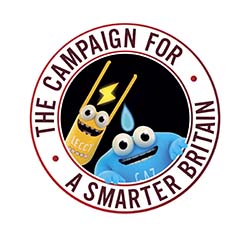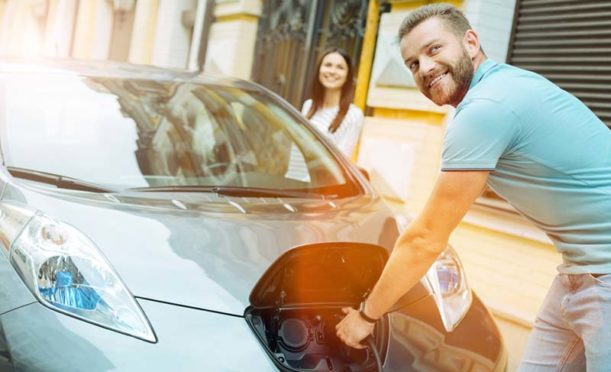It’s a worrying truth that the planet is in trouble. But by making small green choices everyday, householders are making a difference.
Things like the introduction of charges for single use plastic bags are already having an impact on our behaviour: the number handed out in England dropped from seven billion in the year before the charge, to just 500 million in the six months after it according to the Department for Environment, Food and Rural Affairs.
Meanwhile in Scotland, government figures show there was an 80 per cent drop, and Wales saw a 70 per cent decrease.
Dundee has been named Europe’s most visionary city for electric vehicle policies. At the moment, 40 per cent of council vans and cars are electric, along with 15 per cent of Dundee’s taxis – with plans for many more. As more of us switch to electric vehicles, smart meters will help us see just how much the vehicles cost to charge.
The growing success of the plastic bag charge is part of a wider shift that is seeing an increasing number of consumers look at how their purchases and behaviour affects the planet.
According to an international study by Unilever, a third of consumers are choosing brands they believe are doing social or environmental good by helping to tackle dangerous greenhouse gas emissions and waste.
While manufacturers are increasingly being persuaded to deliver goods with green credentials, many consumers are also rethinking their own day to day habits – from using energy-saving lightbulbs to watching food waste, car sharing and recycling – in an effort to do their bit too.
Millions of people are also looking to smart meters, which provide near real-time energy readings, helping consumers to identify the areas in their home where they might be able to turn off unnecessary gadgets and appliances, or find other ways to cut back on consumption. By saving on energy consumption, it’s a daily means of working towards a greener environment.
As we move towards a cleaner and smarter energy system, energy supplier are bringing in new, innovative tariffs which reward consumers for using energy for charging large-consumption equipment like electric vehicles at different times of day when energy is cheapest. This helps us to better manage our energy system and reliance on non-renewable power when demand is high.
All of which could have a big impact. Recent research carried out by Leeds University has shown more than eight million people in Britain are considering buying or leasing an electric vehicle (EV) in the next five years.
And around a third of drivers are said to be more likely to purchase an electric vehicle if they can programme it to charge automatically at home when energy is cheapest.
Dr Stephen Hall, researcher, University of Leeds said: “Smart meters can enable EV owners to be even more environmentally friendly, by matching charging with the greenest electricity on the system.
“Putting electric vehicles and smart meters together offers us an incredible prize, sustainable driving, which as a car fan and environmentalist is really exciting.”
Smart meters themselves will play a massive role in change – installed at no extra cost and easy to use, they are expected to save us 30 million tonnes of carbon by 2030.
With the ability to make change at their fingertips – and in our wallets – Britain’s consumers are playing a vital role in the shift towards a greener future.
Smart Energy GB is the government backed organisation tasked with informing Great Britain about the benefits of the smart meter rollout. 
